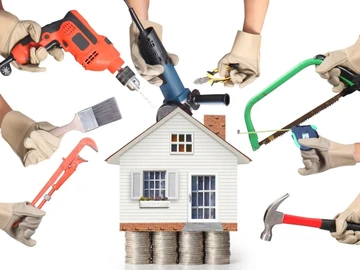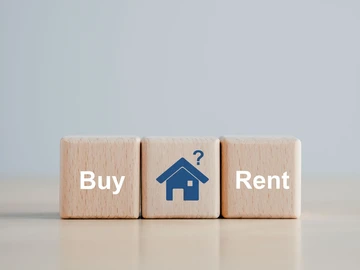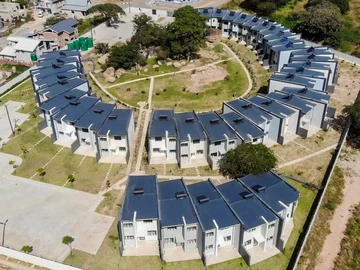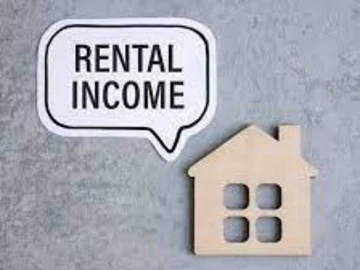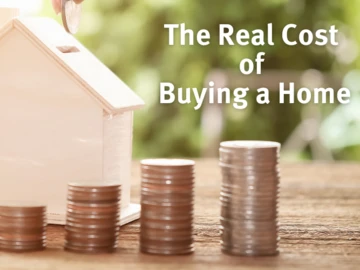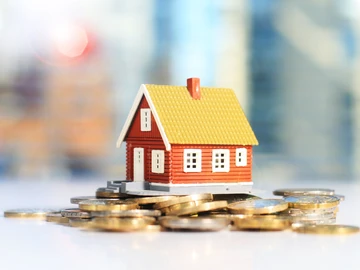In the intricate tapestry of Zimbabwe's economic landscape, the Residential Real Estate market stands as both a beacon of potential prosperity and a labyrinth of paradoxes. At first glance, the market appears to soar to unprecedented heights, boasting an estimated value of a staggering US$69.34 billion in 2024.
Yet, beneath this façade of opulence lies a tale of contradictions and uncertainties that defy conventional wisdom.
Consider the case of Harare, Zimbabwe's bustling capital city. Here, gleaming high-rise condominiums and luxurious suburban villas dot the skyline, emblematic of a thriving real estate sector.
Investors, both local and foreign, flock to capitalise on the seemingly boundless opportunities offered by Zimbabwe's burgeoning property market. Yet, amidst the gleam of these towering structures, cracks begin to emerge, hinting at deeper fissures within the industry.
One need not look far to discern the signs of discord. Despite the apparent prosperity, the market grapples with a myriad of challenges, from economic instability to regulatory hurdles.
The spectre of hyperinflation looms large, casting a shadow of uncertainty over property valuations and investment returns. Meanwhile, stringent land tenure laws and bureaucratic red tape stifle innovation and impede the flow of capital into the sector. However, hyperinflation in the property market requires a multi-faceted approach that tackles both immediate challenges and underlying structural issues.
Take, for instance, the case of a middle-class family in Bulawayo, Zimbabwe's second-largest city. Eager to secure a foothold in the property market, they embark on a quest to purchase a modest suburban home. However, their dreams are swiftly dashed by exorbitant listing prices and prohibitive mortgage rates, perpetuating a cycle of unattainable homeownership for many aspiring Zimbabweans.
Moreover, the market's trajectory paints a perplexing picture of volatility and uncertainty. Despite the lofty valuation in 2024, projections indicate a downward spiral, with an anticipated annual growth rate of -3.96% from 2024 to 2028. This enigmatic forecast leaves investors and stakeholders alike scratching their heads, grappling with the elusive nature of Zimbabwe's real estate market.
Yet, amidst the turmoil and tribulations, glimmers of hope emerge. Innovative initiatives such as affordable housing schemes and rent-to-own programs offer a ray of optimism for prospective homeowners. Government efforts to streamline regulatory processes and attract foreign investment signal a potential path towards stability and growth.
As Zimbabwe's Residential Real Estate market embarks on its uncertain odyssey, stakeholders find themselves at a crossroads, grappling with a paradoxical landscape fraught with challenges and opportunities. The journey ahead is fraught with uncertainty, yet therein lies the allure of the real estate market – a labyrinth of contradictions waiting to be unravelled.
 Continue with Facebook
Continue with Facebook
 Continue with Email
Continue with Email





